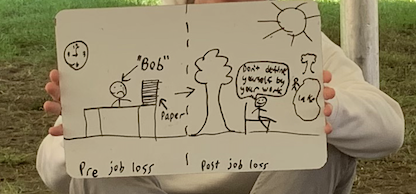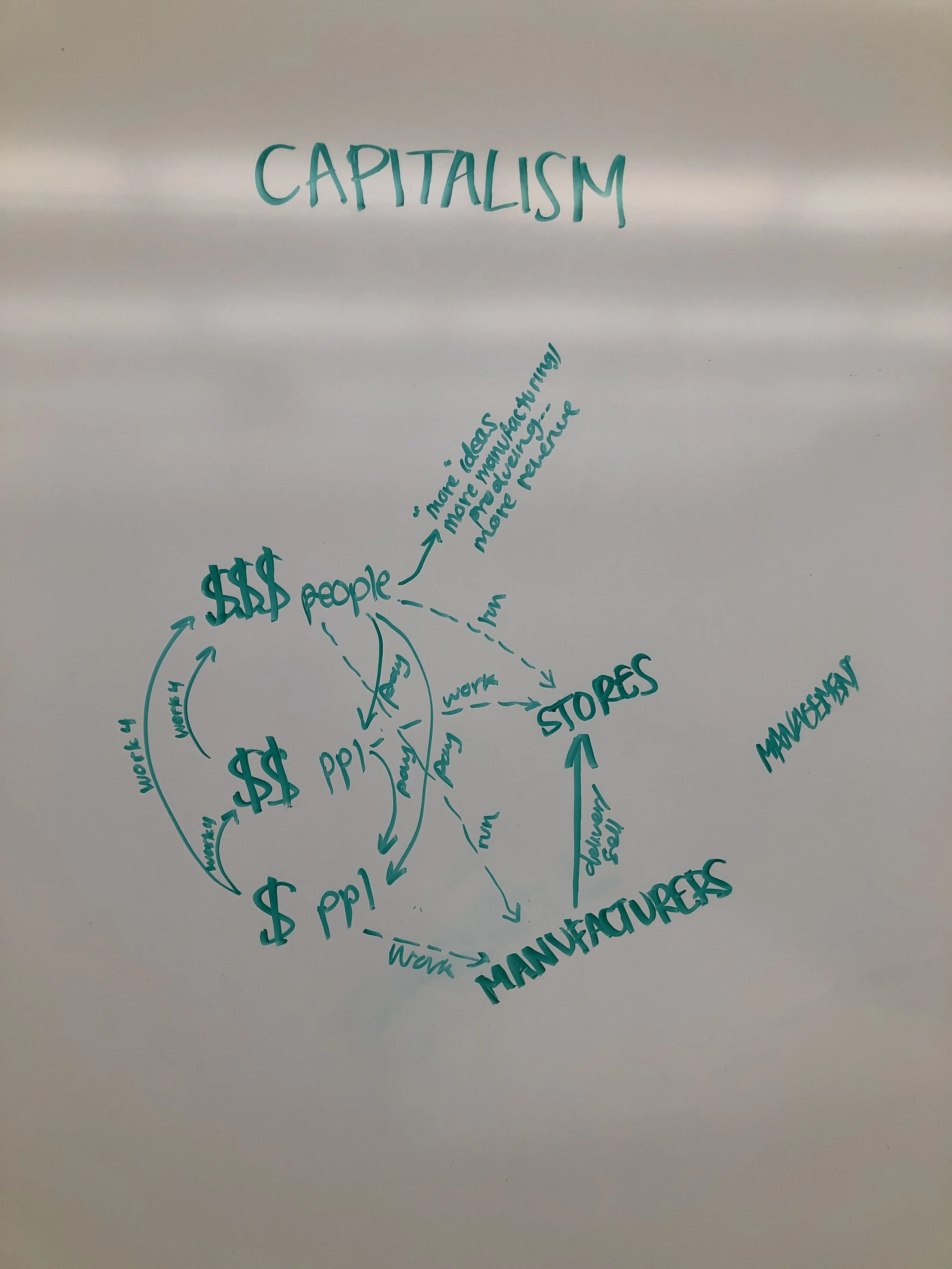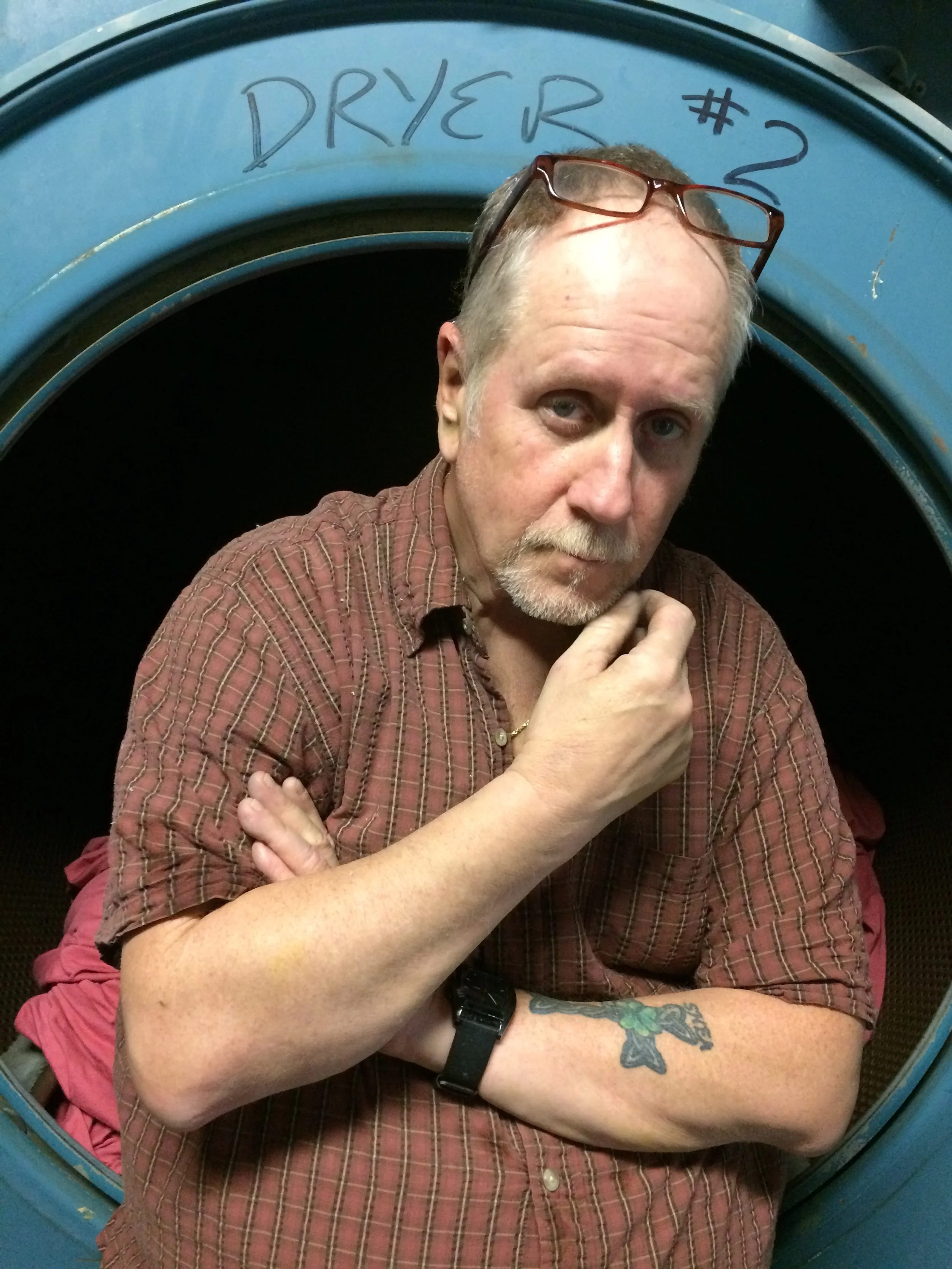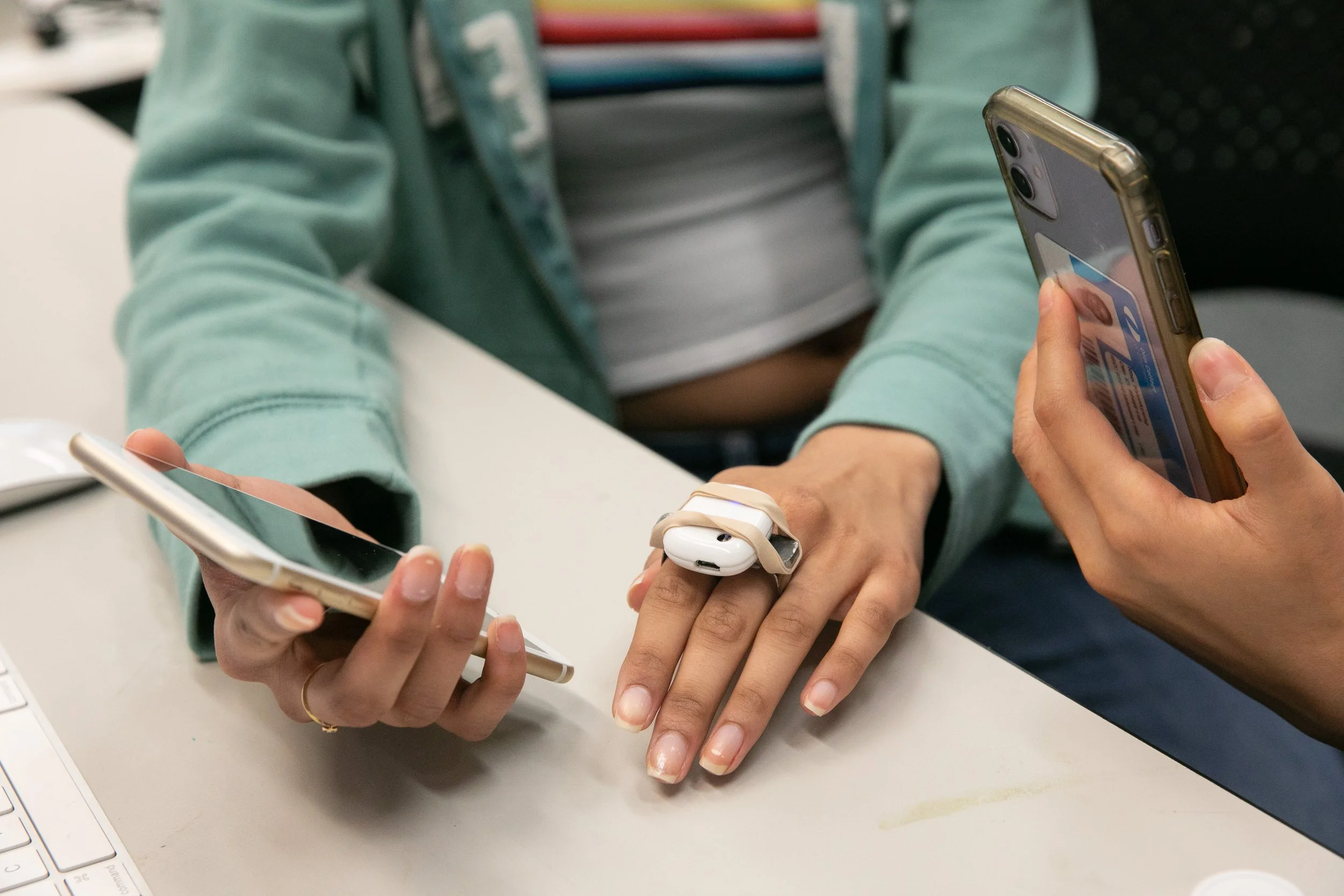Teaching
A selection of Caitrin's teaching at Olin College
(A complete list of courses in on Caitrin’s CV).
Engineering for Humanity
Engineering for Humanity is an integrated course in anthropology and engineering, offered to students who want to make a positive difference in the lives of older adults in the local community. This innovative, intergenerational course is a partnership between college/graduate
students and local community partners. It pairs student teams with local older adult community partners, and ultimately the students design real, implemented solutions to specific everyday problems. Read more...
Dirt to Shirt
Dirt to Shirt is a course for first-semester students at Olin College. It is a communication-intensive course offered through the Arts, Humanities, and Social Sciences program. Read more...
Technology, Accessibility, and Design
In spring 2018, Caitrin co-created and co-taught with a course called “Technology, Accessibility, and Design” (TAD), with Paul Ruvolo, Associate Professor of Computer Science. Paul taught the course on his own in later semesters. This course is an upper-level design course that serves as one potential option for fulfilling Olin’s “Design Depth” requirement. Read more…
Products and Markets
In 2013-14, during a curricular revision process, Olin faculty identified the need and opportunity to revitalize the Entrepreneurship program at Olin. Entrepreneurship is a cornerstone of an Olin engineering education, and faculty often speak of students being trained with technical skills undergirded by contextual understanding in the Arts, Humanities, and Social Sciences PLUS training in entrepreneurial thinking. Read more…
Environmental Consulting at Olin
In spring 2020, Caitrin co-created and co-taught a new course called “Environmental Consulting at Olin” (ECO) with Carrie Nugent (Assistant Professor of Computational Physics and Planetary Science) Claire Rodgers (Associate Energy Engineer for Aramark Facilities Services at Olin). The course is an integration of anthropology, design, engineering, environmental science, and entrepreneurship. Read more…
Writers’ Workshop
Writers' Workshop is a course for first-semester students at Olin College. It is a communication-intensive course offered through the Arts, Humanities, and Social Sciences program. Read more…
Understanding Institutions: Creating Change at Olin and in the World
In this 2-credit course, students learn about methods and strategies to create positive change in their immediate lives. The course focuses on understanding institutions, systems, people, power, decision-making, and collaboration. Olin will serve as a case study for learning and action, and students draw larger lessons to take with them to communities and institutions after graduation. Course activities include reading, consuming media, writing, discussion, and conducting real-world projects. This course co-created and co-taught in fall 2022 (when Caitrin was Dean of Faculty), with Mark Somerville, Provost.
Artificial Intelligence and Society
This course (fall 2023). contextualizes AI within cultural conversations, ethics, and power relationships in U.S. society. Caitrin is co-teaching it with Paul Ruvolo (Associate Professor of Computer Science) and Victoria Dean (Assistant Professor of Computer Science). The recent rise of large language models has brought to the fore ethical questions surrounding machine learning. Read more…
Context and Consequences
This course leverages Olin students’ other curricular experiences to support student construction of critical reflective practice. In other words, this is a place for students to think about the other courses they are taking and activities (“work,” broadly construed) that they are undertaking, and the implications of what they are learning there, in the context of existing systems and communities. Through a range of approaches and voices, we explore basic concepts of critical theory and practice applying this framework to our experiences. By understanding the social and hierarchical structures that surround us and our work, we will begin to articulate the consequences of actions and the impact of what we do as students, as citizens of the world, and as engineers. Caitrin co-developed and co-taught this course in spring 2021 with Alison Wood (engineering) and Lynn Andrea Stein (computer and cognitive science). It was subsequently taught by others in fall 2022.
Textiles, Global Systems, and Technology
“We solve problems with textiles.” That is the tagline of a small, sixth-generation textile mill near Olin that custom-designs textiles and fabrics for customers from a wide variety of industries. Using the textile industry (globally) and this small textile manufacturer (locally) we will explore how engineers bring their integrated technical and contextual skills to diagnose and respond to global systems where more discipline-specific approaches barely scratch the surface. Caitrin plans to co-create and co-teach this course with Jessica Townsend (Professor of Engineering) in spring 2024.
Social Technology Enterprise with Purpose (STEP)
STEP was an initiative to convene engineering faculty, staff, and students around a major project that combines user-centered design, wearable technology, and machine learning to advance social sustainability. Students engaged in novel approaches to human centered design to create easier-to-use interfaces for smart technologies. STEP emphasized the triple bottom line of providing a transformative educational experience, achieving real-world impact, and shifting the financial model of higher education. The course project centered around creating augmented reality technology for people who are blind with the aim of providing tools to more naturally and easily navigate activities of daily living. Course created and taught by Sam Michalka (computational neuroscience), Paul Ruvolo (computer science) and Alessandra Ferzoco (measurement science). Caitrin was a fourth, support teaching team member in the inaugural year (2022), while Dean of Faculty. See https://www.olin.edu/articles/big-step-toward-engineering-purpose










